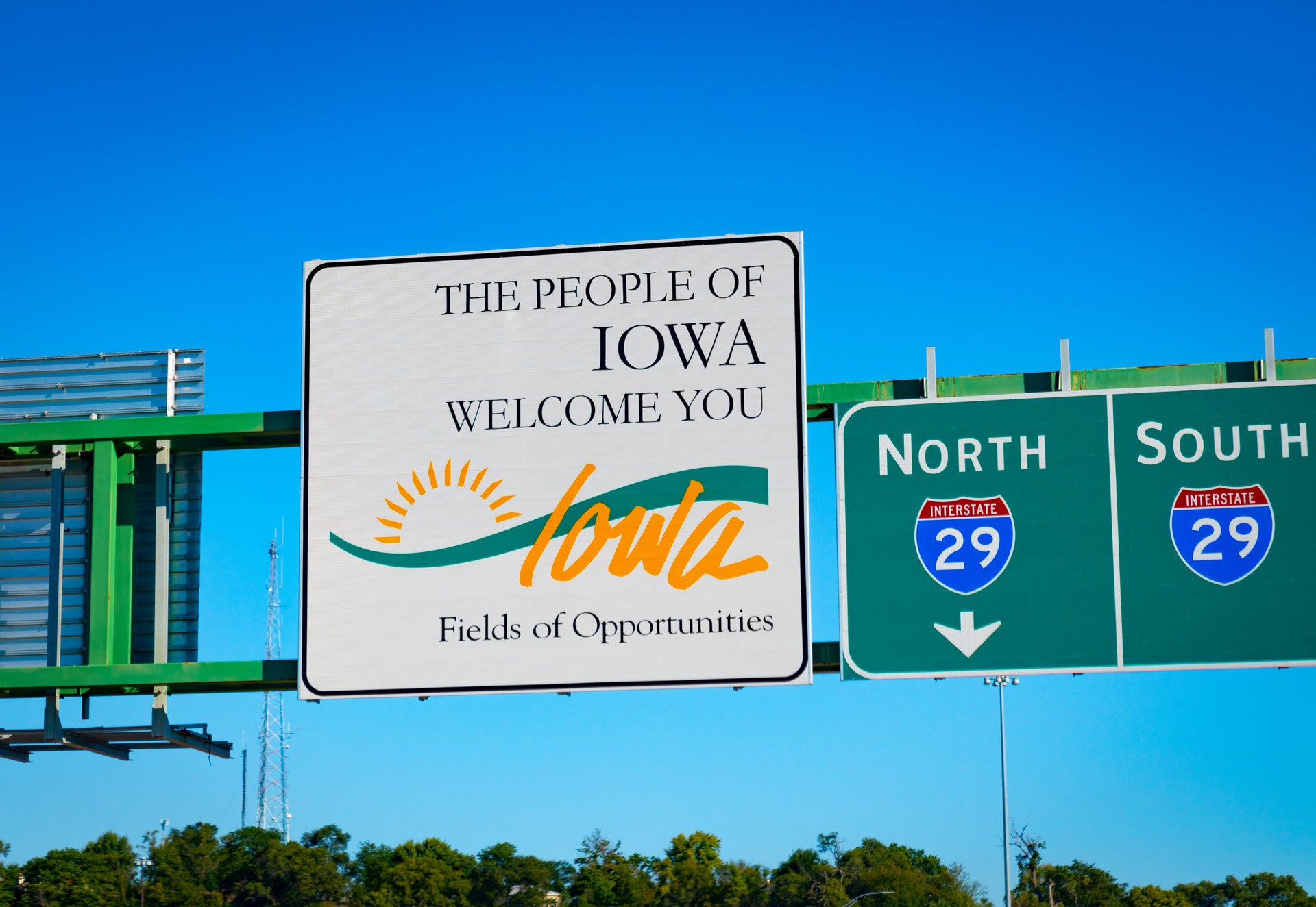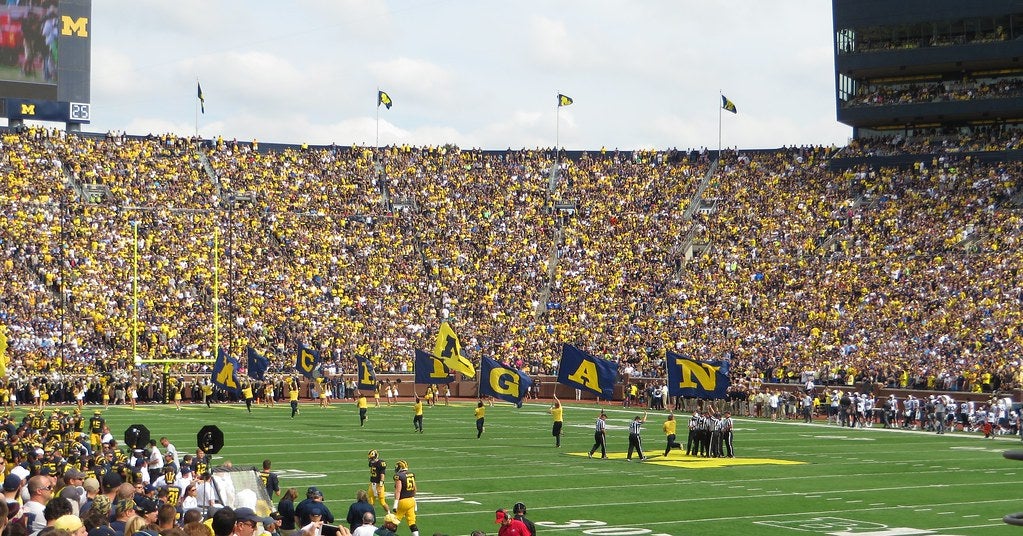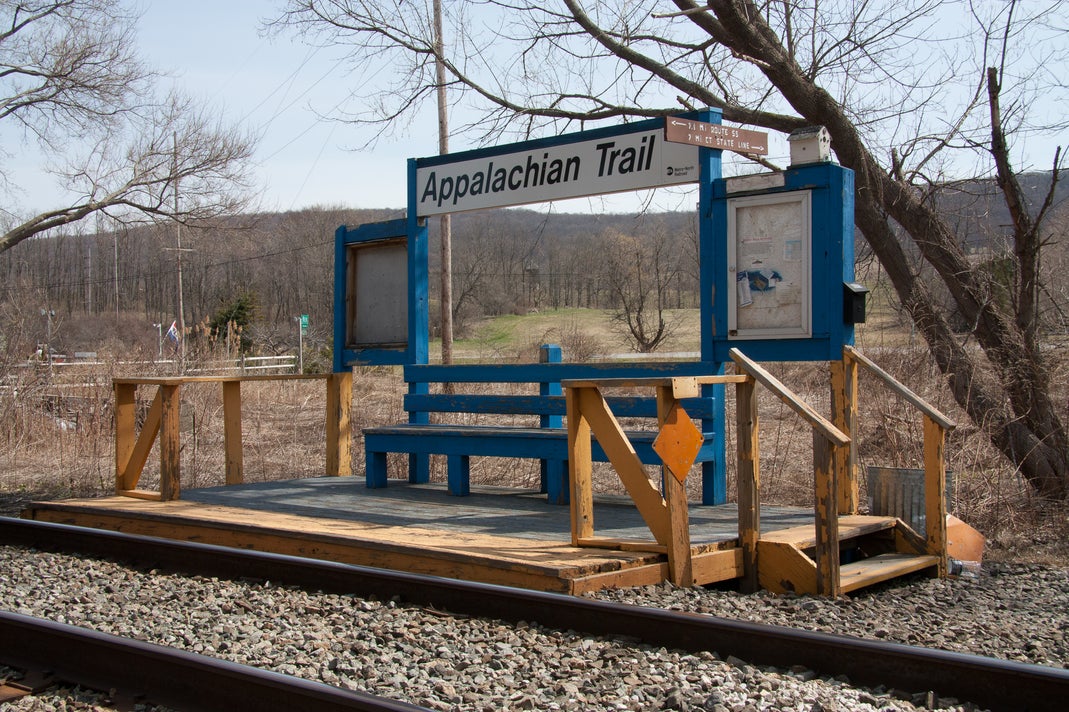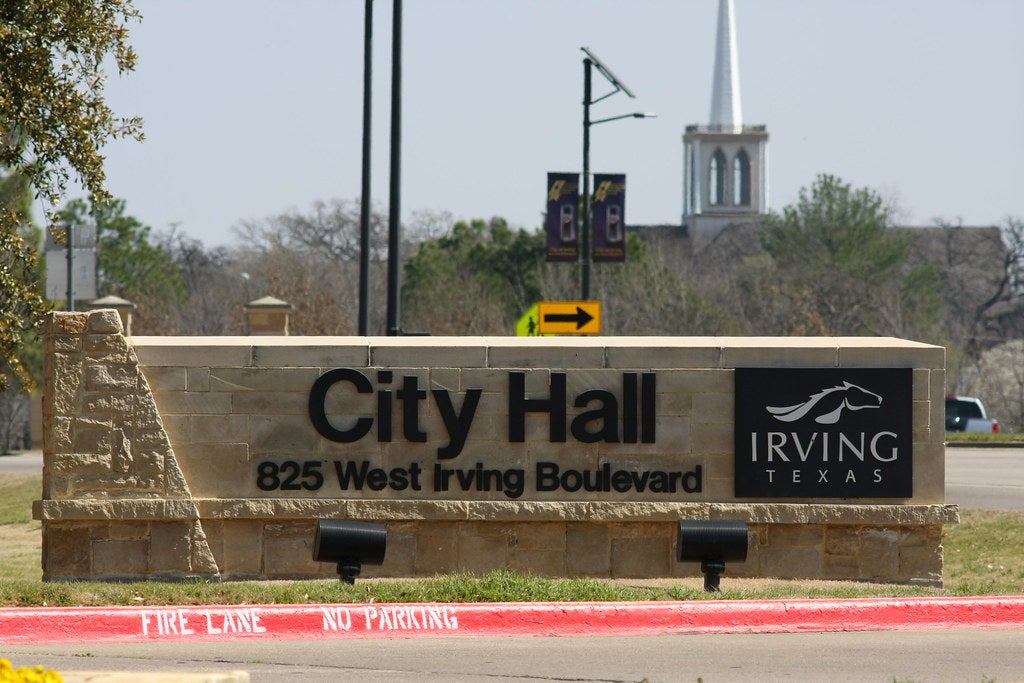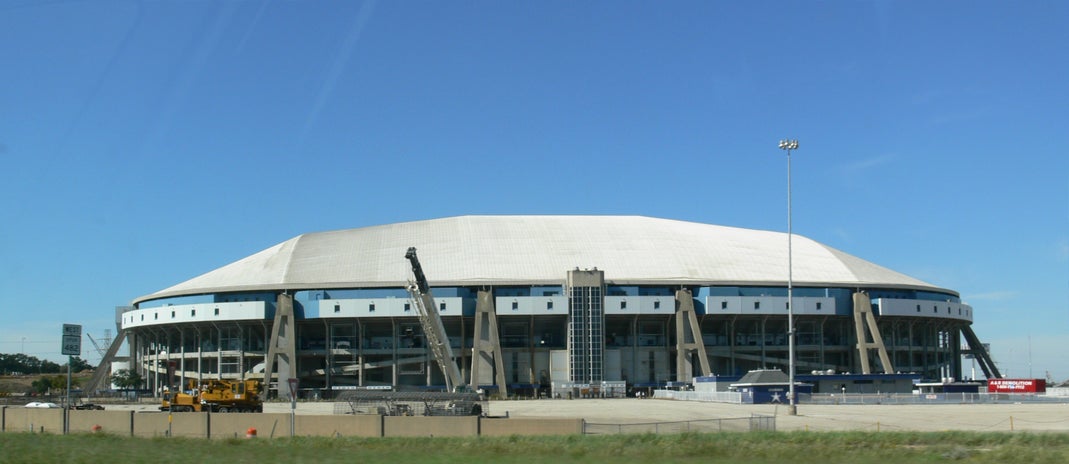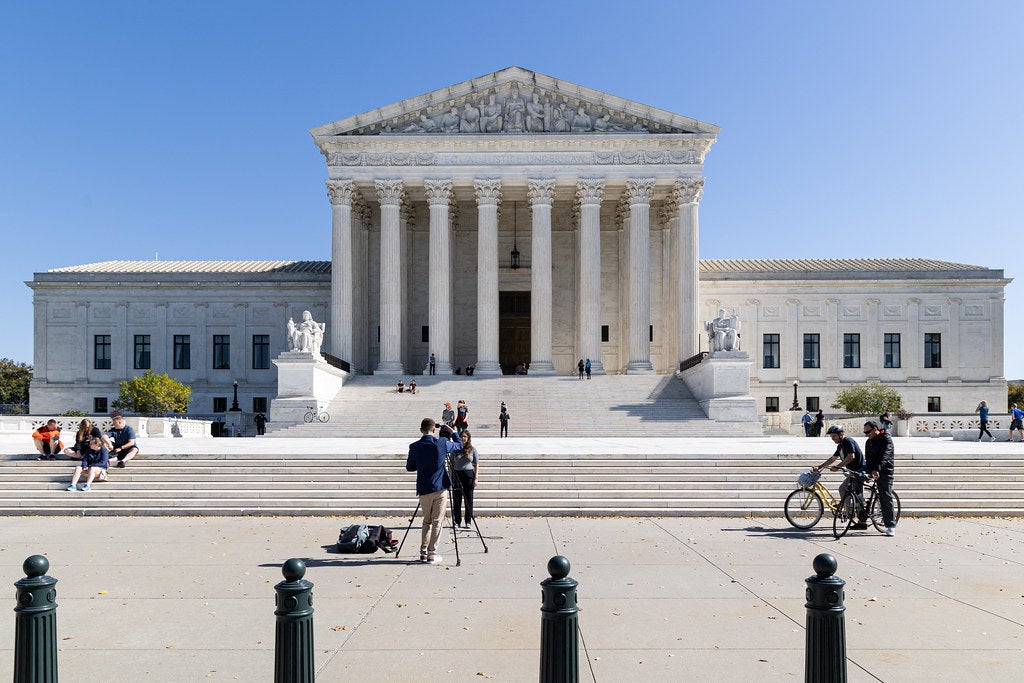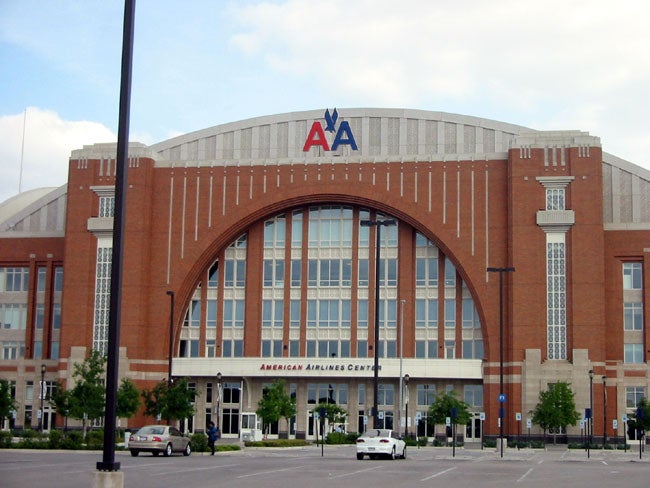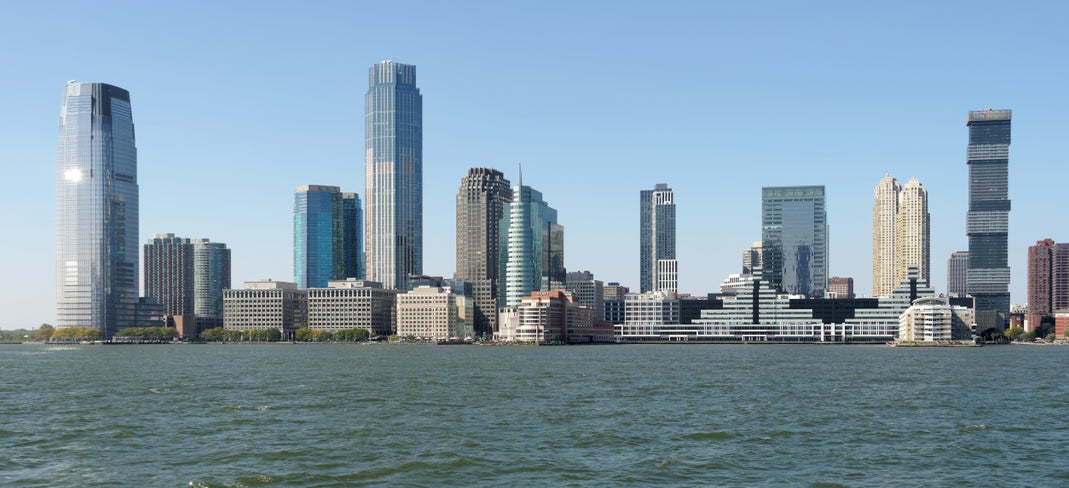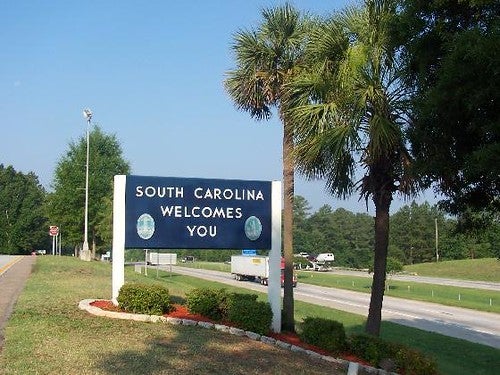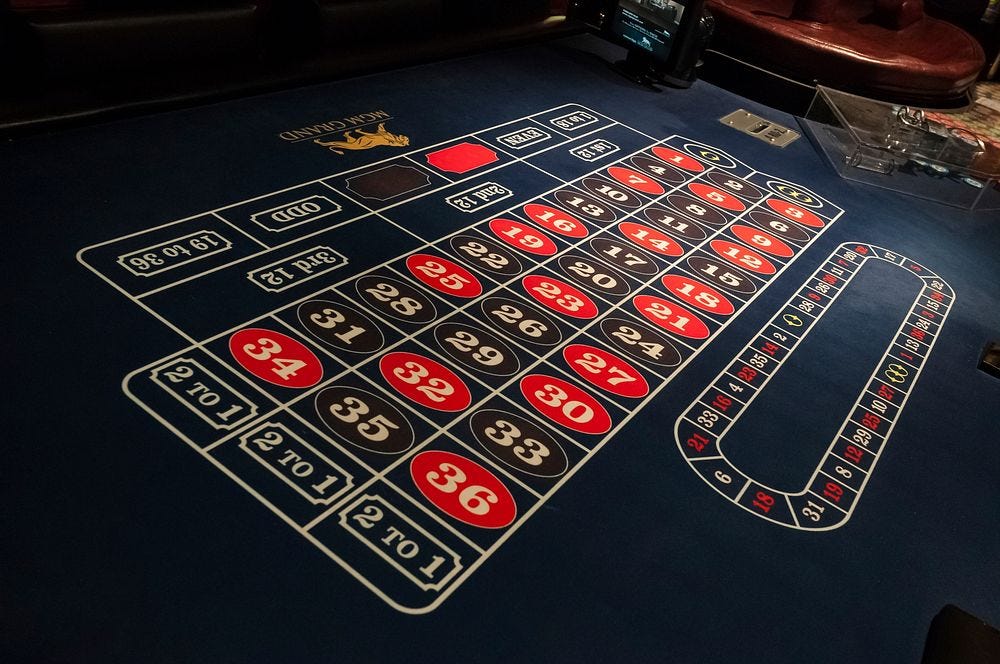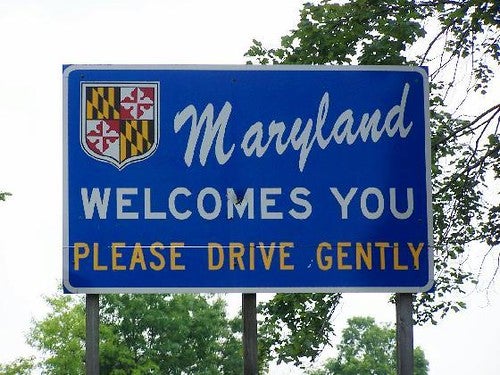At long last
Cedar Rapids is already prepared for the development of the casino, which officials hope will rejuvenate the local economy.
“This has been a mountain climb since the very beginning,” Cedar Rapids Mayor Tiffany O’Donnell said after the decision. “To say that we were a long shot is an understatement.
“Linn County, Cedar Rapids deserves this,” O'Donnell added. “It's only taken us 12 years to get here. Look at the homecoming.”
O’Donnell also noted that a construction crew will begin clearing dirt at the planned casino site at Old Cooper's Mill site on the west side of the Cedar River on Friday.
The project, known as Cedar Crossing Casino & Entertainment Center, is being overseen by Peninsula Pacific Entertainment. According to the terms of their agreement, they have until October 2027 to deliver a facility, or else they will be fined $61,000 per day beyond the deadline.
Cedar Crossing will be the largest gaming-related effort in Iowa’s history.
Impact on the state economy
While the casino is a source of excitement for Cedar Rapids, it is a blow for others with interests in Iowa’s 19 existing casinos. Critics believe a new location will only cannibalize profits from nearby establishments, leading to millions of dollars in losses for local communities and business owners.
“Today’s decision by the Iowa Racing and Gaming Commission to approve a new casino in Cedar Rapids is deeply disappointing and ignores the overwhelming 68-31 vote in the Iowa House to pass a moratorium,” spokesperson Zachary Harnden said on behalf of Iowans for Common Sense, after the moratorium bill failed earlier this week. "Iowa does not need more casinos. At a time when rural economies are struggling, adding another casino only puts more strain on local businesses, nonprofits, and families.”
Voters for the state gaming commission said they chose their side based on what they believe the impact would be on the state economy.
Linn County voters approved a casino referendum in 2013 and again in 2021, allowing developers to pursue a license in perpetuity.
The state previously denied Linn County a casino license in 2014 and 2017, only now allowing for an expansion in the state market.


